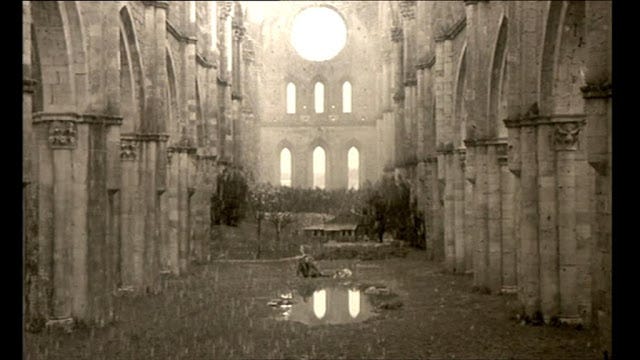The politics of nostalgia
I loved this portion from Lost in Translation, by Eva Hoffman:

In Speak, Memory, Nabokov makes the poetic, or the playful, speculation that Russian children before the Revolution – and his exile – were blessed with a surfeit of sensual impressions to compensate them for what was to come. Of course, fate doesn’t play such premonitory games, but memory can perform retrospective manoeuvres to compensate for fate. Loss is a magical preservative. Time stops at the point of severance, and no subsequent impressions muddy the picture you have in mind. The house, the garden, the country you have lost remain forever as you remember them. Nostalgia – that most lyrical of feelings – crystallises around these images like amber. Arrested with it, the house, the past, is clear, vivid, made more beautiful by the medium in which it is held and by its stillness.
Nostalgia is a source of poetry, and a form of fidelity. It is also a species of melancholia, which used to be thought of as an illness. As I walked the streets of Vancouver, I am pregnant with the images of Poland, pregnant and sick. Tesknota throws a film over everything around me, and directs my vision inward. The largest presence within me is the welling up of absence, of what I have lost. This pregnancy is also a phantom pain.
…
In our highly ideological times, even nostalgia has its politics. The conservatives of the sentiments believe that recovering their own forgotten history is an antidote to shallowness. The ideologues of the future see attachment to the past as that most awful of monsters, the agent of reaction. It is to be extracted from the human soul with no quarter of self-pity, for it obstructs the inevitable march of events into the next Utopia. Only certain Eastern European writers, forced to march into the future too often, know the regressive dangers of both forgetfulness and clinging to the past. But then, they are among our world’s experts of mourning, having lost not an archaeological but a living history. And so, they praise the virtues of true memory. Nabokov unashamedly reinvokes and revives his childhood in the glorious colours of tesknota. Milan Kundera knows that a person who forgets easily is a Don Juan of experience, promiscuous and repetitive, suffering from unbearable lightness of being. Czeslaw Milosz remembers the people and places of his youth with the special tenderness reserved for objects of love that are no longer cherished by others.
Image from here.

